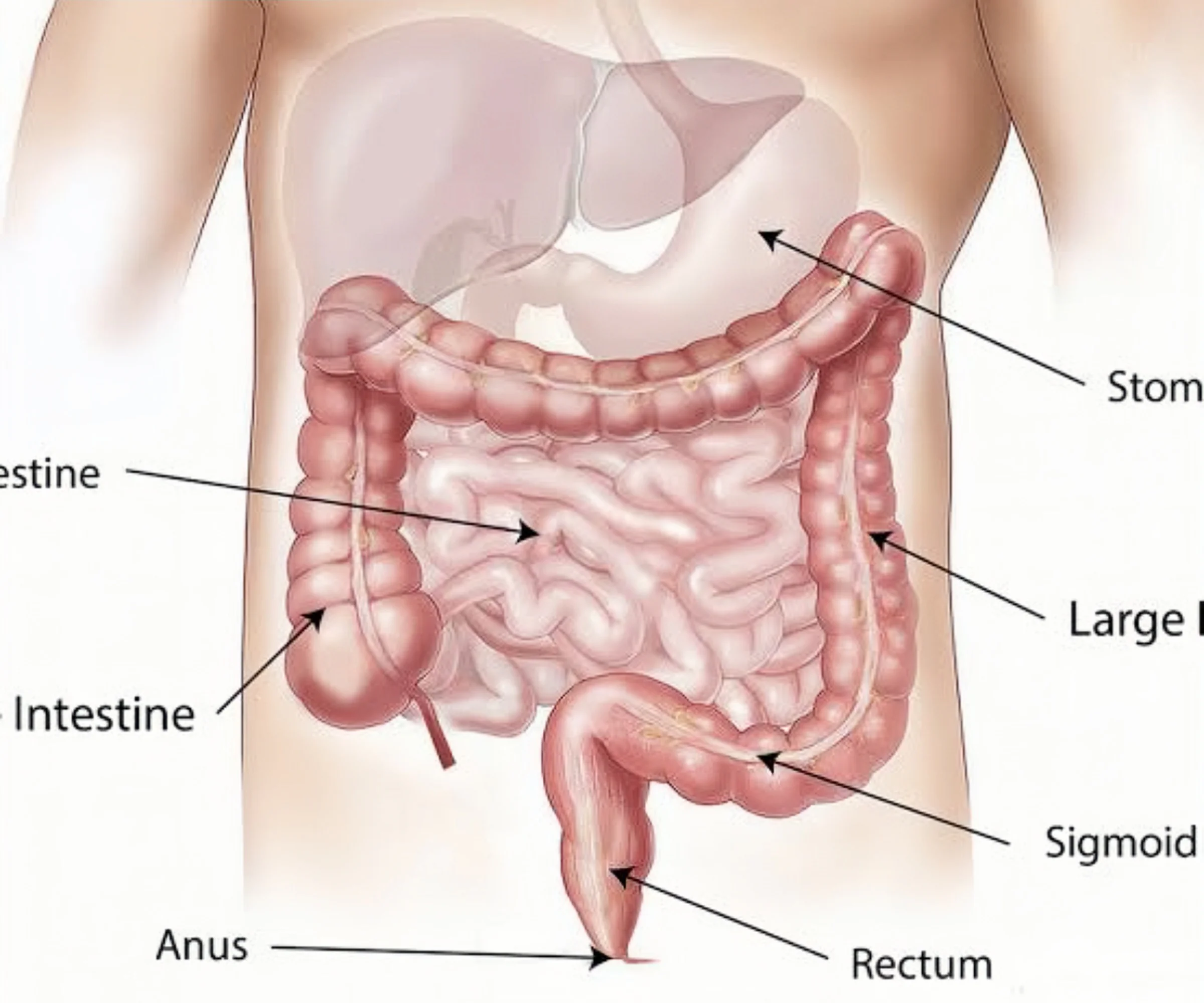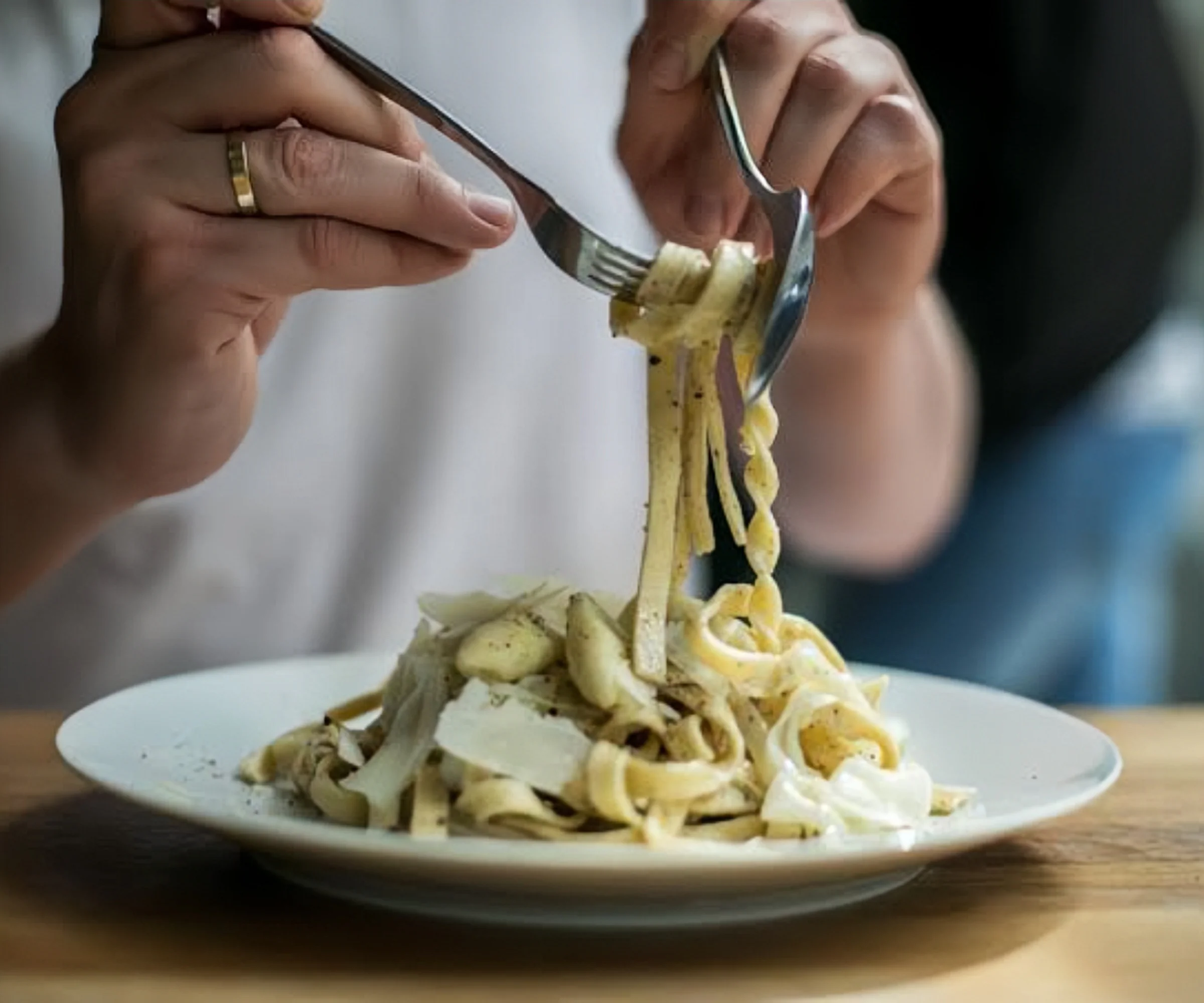Did you ever feel like you couldn’t breathe well or your chest felt tight after eating? This feeling is called postprandial dyspnea, and it can make it hard to do your usual stuff. Even though lots of people go through it, it’s important to know why it happens and get help from a doctor if it keeps happening or gets worse.
In this comprehensive article, we’ll explore the various reasons why you might feel short of breath after eating and provide valuable insights into managing and alleviating this condition. Our goal is to help you identify the underlying cause and take the necessary steps to find relief.


Feeling Short of Breath After Eating
Causes of Shortness of Breath After Eating
There are several potential causes of postprandial dyspnea, ranging from lifestyle factors to underlying medical conditions. Here are some of the most common reasons why you might experience shortness of breath after eating:
Overeating
Consuming too much food in a single sitting can put pressure on your stomach and diaphragm, making it harder for your lungs to fully expand. This can lead to a feeling of breathlessness, especially if you have a larger meal or eat too quickly.
Gastroesophageal Reflux Disease (GERD)
Gastroesophageal reflux disease (GERD), commonly referred to as acid reflux, happens when stomach acid moves backward into the esophagus. This can irritate the throat and trigger a reflex that makes breathing more difficult. People with GERD often experience shortness of breath after eating, along with other symptoms like heartburn and regurgitation.
Obesity
Excess weight, particularly around the abdomen, can put pressure on the diaphragm and restrict its movement, making it harder to take deep breaths. This situation can result in difficulty breathing, particularly following a substantial meal.
Lung Conditions
Certain lung diseases, such as asthma, chronic obstructive pulmonary disease (COPD), and pulmonary fibrosis, can cause shortness of breath after eating. The added pressure on the lungs from a full stomach can exacerbate breathing difficulties in those with underlying lung conditions.
Heart Conditions
Cardiovascular issues, such as heart failure or coronary artery disease, can also contribute to shortness of breath after eating. When the heart struggles to pump effectively, fluid can accumulate in the lungs, making breathing more difficult, especially after a meal.
Hiatal Hernia
A hiatal hernia occurs when part of the stomach bulges through the diaphragm, putting pressure on the lungs and making breathing more difficult after eating.
Food Intolerances or Allergies
In some cases, shortness of breath after eating can be a sign of a food intolerance or allergy. Certain foods may trigger an immune response that leads to inflammation and narrowing of the airways, causing breathing difficulties.
Managing Shortness of Breath After Eating
If you experience frequent or severe shortness of breath after eating, it’s crucial to consult with a healthcare professional to determine the underlying cause and receive appropriate treatment. However, there are also some self-care strategies that can help alleviate the symptoms:
Eat Smaller Meals
Consuming smaller portions and eating more slowly can help reduce the pressure on your stomach and diaphragm, making it easier to breathe after a meal.
Avoid Trigger Foods
If you suspect certain foods are contributing to your shortness of breath, try keeping a food diary and eliminating potential triggers from your diet one by one to identify the culprit.
Maintain a Healthy Weight
A balanced diet and regular exercise can help alleviate the pressure on your diaphragm and lungs, potentially reducing shortness of breath after eating.
Manage GERD
You have been diagnosed with GERD, follow your healthcare provider’s recommendations for treatment, such as taking antacid medications, avoiding trigger foods, and making lifestyle changes to reduce acid reflux.
Treat Underlying Conditions
If an underlying medical condition, such as asthma, COPD, or heart disease, is contributing to your shortness of breath after eating, it’s essential to follow your treatment plan and work closely with your healthcare provider to effectively manage the condition.
Stay Upright After Eating
Avoid lying down immediately after eating, as this can increase pressure on your stomach and diaphragm. Instead, try to remain upright for at least an hour after a meal.
Practice Breathing Exercises
Certain breathing exercises, such as pursed-lip breathing or diaphragmatic breathing, can help improve oxygen intake and alleviate shortness of breath. Consider working with a respiratory therapist or joining a pulmonary rehabilitation program to learn proper techniques.
When to Seek Medical Attention
While occasional shortness of breath after eating may be manageable with lifestyle changes and self-care strategies, it’s important to seek medical attention in certain situations:
- If the shortness of breath is severe, persistent, or worsening
- If you experience chest pain, dizziness, or fainting along with shortness of breath
- If you have difficulty swallowing or breathing
- If you observe unexpected weight loss or any other worrying symptoms
- Your healthcare provider can perform a thorough evaluation, including tests and imaging studies if necessary, to determine the underlying cause of your shortness of breath and provide appropriate treatment.


Feeling Short of Breath After Eating
Conclusion
Feeling like you can’t breathe well after eating can be worrying and not nice. But figuring out why it happens is the first thing to do to feel better. Once you know why, whether it’s something you do every day or something medical, you can talk to your doctor to make a plan to feel better.
It’s important to pay attention if you have trouble breathing, especially if it’s really bad or if you feel other worrying things too. Getting quick help from a doctor and changing some things in your daily life can make breathing easier and make your life better overall.
Frequently Asked Questions (FAQs)
Is it normal to feel short of breath after eating a large meal?
It’s pretty normal to feel a bit out of breath after a big meal, especially if you ate really fast. This happens because your stomach and diaphragm get squished, making it tough for your lungs to work properly. But if you’re having a lot of trouble breathing or it keeps happening, you should see a doctor.
Can stress or anxiety cause shortness of breath after eating?
Yes, stress and anxiety can contribute to shortness of breath after eating. When you feel worried, your body goes through changes like breathing faster and muscles getting tighter, which can make it tough to breathe after eating. Doing activities to manage stress and dealing with any anxiety problems can make this better.
How long does shortness of breath after eating typically last?
The duration of shortness of breath after eating can vary depending on the underlying cause. In most cases, the symptoms should subside within an hour or two after the meal. If the shortness of breath persists for longer periods or worsens, it’s important to consult a healthcare professional.
Can certain foods trigger shortness of breath after eating?
Yes, certain foods can trigger shortness of breath after eating, particularly in individuals with food intolerances or allergies. Common culprits include dairy products, gluten, nuts, and shellfish. Keeping a food diary and eliminating potential triggers from your diet can help identify the problematic foods.
Can exercise help alleviate shortness of breath after eating?
Exercising often can make your lungs and heart work better, which might help you breathe easier after eating. But don’t do hard exercise right after a big meal because it could make it harder to catch your breath. Furthermore, allow for proper digestion before engaging in physical activity.
Is shortness of breath after eating a sign of a serious condition?
Shortness of breath after eating can be a symptom of various underlying medical conditions, some of which may be serious. Moreover, If the shortness of breath is severe, persistent, or accompanied by other concerning symptoms, it’s crucial to seek medical attention promptly to rule out any potentially serious conditions.
Can medications help manage shortness of breath after eating?
Certain medicines can help with feeling out of breath after eating, depending on what’s causing it. Like, antacids or proton pump inhibitors can make symptoms from acid reflux feel better, and doctors might give bronchodilators too.
For more, Click here




